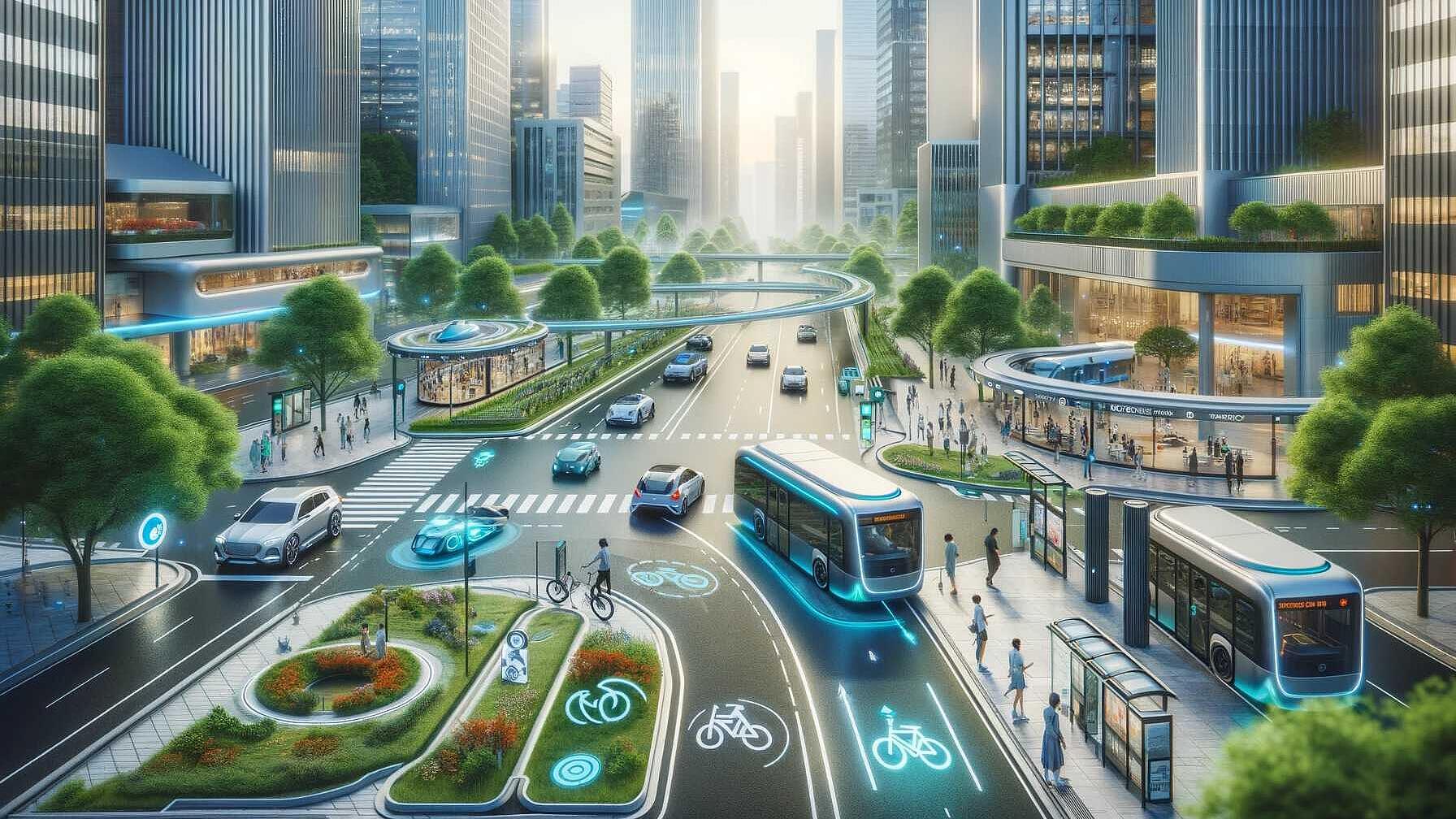 Buildings & Transport
Buildings & TransportPersonal Data - Smart Cities: How Cities Can Utilise Their Citizen’s Personal Data to Help Them Become Climate Neutral
Summary
The Smart Cities Marketplace initiative, Citizens Control of Personal Data will launch a book on the EC stand at the Smart City Expo World Congress in Barcelona on November 15th. The book is edited by representatives of three organisations, Major Cities of Europe, Open and Agile Smart Cities and the DataVaults project. It will address some of the issues which a smart city needs to overcome to make use of both the data currently available to them and how this can be enhanced by using emerging technology. Case studies of existing best practice in the use of data are augmented with examples of embracing a citizens personal data in the mix. This will enable better services to develop and potential new revenue streams to occur. This can enable new business models and investment opportunities to emerge. And it will conclude by looking at what new technologies will be emerging in the coming years, to help cities with carbon-neutral targets to have more chance of succeeding.
Open full article
Personal Data - Smart Cities: How Cities Can Utilise Their Citizen’s Personal Data to Help Them Become Climate Neutral
The Smart Cities MarketPlace initiative, “Citizen’s Control of Personal Data” launched a book on the EC stand at the Smart City Expo World Congress in Barcelona on November 15th.
The book, titled "Personal Data-Smart Cities: How Cities Can Utilise Their Citizen’s Personal Data to Help Them Become Climate Neutral" (River Publishers) is available with open-access online. It brings together all the lessons learned by the initiative since its launch in 2021.
The book is edited by representatives of three organisations, “Major Cities of Europe”, Open and Agile Smart Cities” and the DataVaults project.
This book sets out to address some of the issues which a smart city needs to overcome to make use of both the data currently available to them and how this can be enhanced by using emerging technology enabling a citizen to share their personal data, adding value.
It provides answers for those within a smart city, advising their Mayors or Leaders on introducing new technology. We will cover the topic so as to enable many different public officials to be able to understand the situation from their own perspective, be they lawyers, financial people, service providers, those looking at governance structures, policy makers etc.
We are contributing to the new model for the European Data Economy, which reflects European values. Case studies of existing best practice in the use of data are augmented with examples of embracing a citizen’s personal data in the mix, to enable better services to develop and potential new revenue streams to occur. This will enable new business models and investment opportunities to emerge.
We will address the topic of how to put a value on data and will conclude by looking at what new technologies will be emerging in the coming years, to help cities with carbon-neutral targets to have more chance of succeeding.
It is argued that by adding a citizen’s personal data, under their own control, to current and developing use of data in a smart city, a major contribution can be made to realising the ambition of many European cities of becoming carbon-neutral by 2030. And further, to contribute to building a mechanism for replicating the lessons which will be learned as cities utilise personal data and progress towards achieving both their environmental and smart city targets. With consideration of how costs may be transformed into revenues.
This mechanism will entail a group of cities coming together to share the solutions developed by a raft of EU Horizon funded projects. The book contains input from many such projects including: Kraken, Safe-DEED, Ruggedised, Replicate, InteropHRate, DUET, EUHubs4Data, DataPorts, PIMCity, SMashHit, PolicyCloud, i3Market, Auroral, IRIS, SmartenCity and DataVaults.
Contents:
Introduction
- Peril on the road to Utopia – Opportunities and risks of infusing Personal Data into the Smart City ecosystem
- The principal projects underpinning this work
- Best Practice in the general use of data in a city.
- Case Studies involving the use of personal data in a smart city.
- The Local Data economy
- Technical Components
- Interoperability and the Minimal Interoperability Mechanisms
- Health Data in a Smart City
- Personal Data Management and MIM4
- Standards for Citizens
- Business Models
- (Digital) City Financing Platforms (provided by EEIP, see chapter 12 attached)
- The governance of personal data for the public interest: Research insights and recommendations
- Data valuation and its applications for smart cities
- Does everything conform to legal, ethical and data protection principles?
- Data-driven and citizens’ inclusive smart cities: Top down and bottom up approaches to tackle societal and climate challenges
- What Next?



